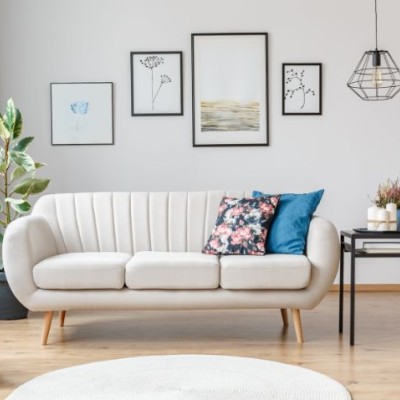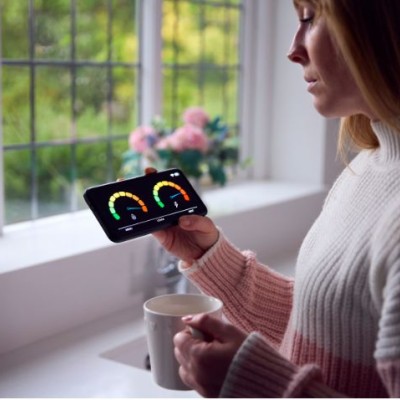Does your door lock affect your insurance?

When obtaining a quote for your home contents insurance, you have to provide information about the property itself. That includes the age and construction, the number of rooms, what doors there are to the outside and security measures.
One piece of information that may be required is the type of lock that is fitted to the external doors. The more secure the lock, the less likely it is that an intruder could gain entry and therefore the lower the risk that you will have to make an insurance claim for theft or damage.
The insurance provider may have a number of different options for you to choose from, and it’s vital that your selection is accurate, otherwise your cover may not be valid. If you’re not sure what type of lock is fitted, ask your landlord or letting agent to clarify this for you – it may be listed on the property inventory. You can also visit the Master Locksmiths Association website for a detailed guide to recognising the different types of lock.
Here’s a brief overview:
|
Type of lock |
How to recognise it |
|
Mortice deadlock |
Lock is fitted inside a cavity in a wooden door |
|
Multi-point locking system |
The door (probably uPVC) locks at various different points and you have to lift a handle to lock it |
|
Nightlatch / Yale lock |
The door automatically locks behind you |
|
Meets the BSI lock standard |
Lock bears a serial number starting BS3621 |
What are the best types of main door lock?
The more points of contact there are between the door and the door frame, the harder it is to force entry, with a minimum five points of contact being the British Standards Institute (BSI) BS3621 lock standard.
If your front door is wooden, the most secure lock is a five-lever mortice deadlock. This is a set of five levers that slot into holes (mortices) in the door frame when the key is turned.
For uPVC doors, a similar multi-point locking system is common, where a turn of the key will lock the door to the frame at the top and bottom, as well as in the centre.
All locks should bear the British ‘kitemark’ BSI standard, and this should be clearly visible.
Will my insurance be cheaper if the door locks are multi-point?
Insurers will look for the main door to have a minimum five-lever BSI-approved locking system, and you may be offered a discount on your home insurance if there is an additional layer of security, such as a secondary nightlatch or Yale lock fitted to the inside of the door.
If your door is only secured by a single cylinder lock, insurers may require this to be upgraded to conform to BSI lock standards and for there to be an additional nightlatch or mortice lock.
The less secure the property, the more expensive insurance will be, however some insurers will simply refuse cover altogether if locks don’t meet the BSI standard.
Importantly, it may be a condition of your insurance that the locks you have stipulated on your policy are engaged when you leave the property. If you fail to lock up properly, you may find that any claim you make following a burglary or other break-in is refused by your insurer.
It’s also important that the lock remains in proper working order, so if you notice it is becoming loose, sticking or you have any problems locking or unlocking the door, report it immediately to your landlord or managing agent.
At Bode Insurance Solutions, security requirements and construction details are not required for a Bode tenants policy. However, we do still suggest you use the best locks available to you for security.
You can easily get a tenant insurance quote via our website. Or, if you’d rather speak to one of our advisers, simply call 01903 890044 or email info@bodeinsurancesolutions.co.uk and we’ll be in touch.

Contact Us
Got a question, general enquiry or something else?
You may also like
Since we started in 1987 we have grown to one of the UK’s largest property groups, we can save you time and money by offering a range of services and expertise under one roof.



